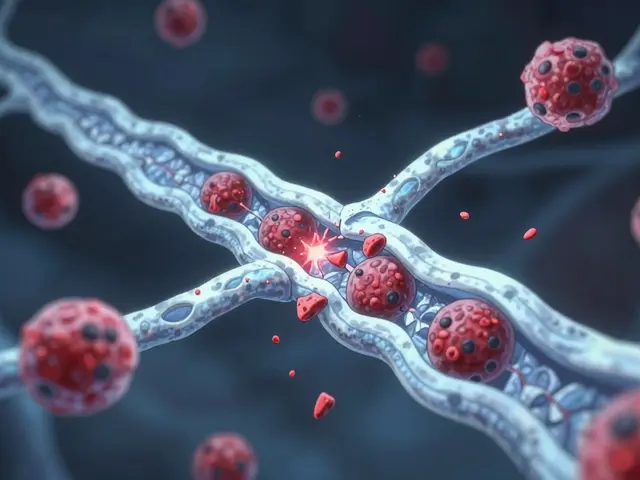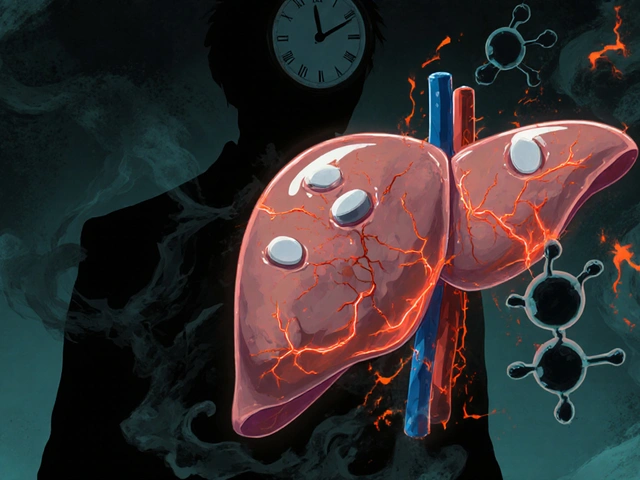Understanding Cystitis and How to Handle It
Cystitis is a common term for bladder inflammation, often caused by an infection in the urinary tract. It can hit anyone but is especially common in women. If you’ve ever felt that sudden, painful urge to pee with burning or discomfort, you’ve likely experienced cystitis symptoms. Knowing what’s going on and what you can do makes a big difference in getting relief fast.
Symptoms usually include pain or burning during urination, frequent urges to go, and sometimes cloudy or strong-smelling urine. You might also feel pressure in the lower belly. These signs are your body's way of telling you something's irritating your bladder lining.
Simple Steps to Ease the Discomfort
When cystitis strikes, the first line of defense is staying hydrated. Drinking plenty of water helps flush out bacteria. Avoid caffeine and alcohol because they can irritate your bladder and make symptoms worse. Over-the-counter pain relievers can calm down the burning sensation until you see a doctor if needed.
It's tempting to ignore mild symptoms, but cystitis can worsen without proper care. If you notice fever, chills, or lower back pain, that’s a sign the infection might have moved to your kidneys, and you should seek medical help immediately.
Preventing Cystitis: What Really Works
Prevention is better than cure when it comes to cystitis. Simple habits like peeing soon after sex, wiping front to back, and avoiding harsh soaps or feminine sprays help keep bacteria away from the urinary tract. Some people find that wearing breathable cotton underwear and avoiding tight clothes reduces their chances of flare-ups.
If you suffer from frequent cystitis, a healthcare provider may suggest a low-dose antibiotic or other measures tailored to your situation. Paying attention to your symptoms and lifestyle can keep bladder infections from disrupting your life repeatedly.
Remember, cystitis is common but manageable. Understanding the symptoms, knowing when to see a doctor, and applying practical prevention tips can make living with or avoiding cystitis much easier. Don’t hesitate to reach out to your healthcare professional if you're unsure—clear guidance can get you back to feeling good quickly.
How to Talk to Your Doctor About Cystitis
Cystitis is a common issue many of us face, and it's important to have open communication with our doctors to receive the best treatment. To begin the conversation, clearly describe your symptoms and how long you've been experiencing them. Don't be afraid to ask questions about potential causes, treatment options, and preventative measures. Remember that your doctor is there to help, so make sure to be honest about any concerns or fears you may have. Lastly, always follow up with your doctor if your symptoms persist or worsen, as this could indicate a more serious problem.











